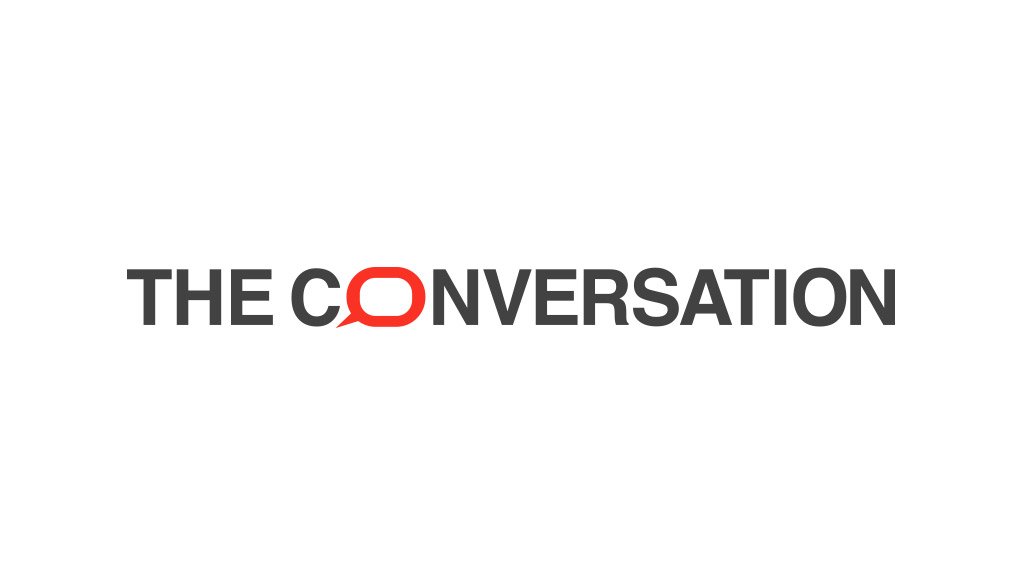What are the main findings of the study?
The study, conducted by Afrobarometer in 39 countries, reveals a general decline in trust in public institutions in Africa over the past decade.
The study assessed trust levels in 11 types of institutions and leaders. These are religious leaders, the president, opposition parties, ruling parties, the military, parliament, local councils, national electoral commissions, the police, courts, and traditional leaders.
Conducted through face-to-face interviews in the language chosen by the respondent, Afrobarometer surveys enable national results to be obtained with margins of error of +/-2 to +/-3 percentage points at a 95% confidence level. This analysis of 39 countries is based on 53,444 interviews.
Surveys have been conducted since 1999. Since 2012, we have observed that trust in most institutions has decreased. Only three institutions still have majority support as reflected by the percentage of respondents who said they trusted those entities. These are religious leaders (66%), the army (61%), and traditional leaders (56%). In contrast, political institutions aren’t earning much public trust. The presidency, parliament, police and courts all have trust levels below 50%.
This trend differs across regions. East and west Africa report higher levels of trust than central, southern and north Africa.
At the national level, Tanzania, Niger and Burkina Faso have the highest trust levels. In contrast, Gabon, Eswatini and São Tomé and Príncipe are among the most distrustful countries.
Since 2011, trust in parliament has dropped by 19 percentage points. The ruling party’s trust level has fallen by 16 points, followed by the presidency (-12) and the courts (-10). Despite the overall decline, some countries – like Tanzania, Togo and Mali – are seeing increased trust in certain institutions.
What do these trends tell us?
Institutional trust is vital for political stability and effective governance, regardless of whether a regime is democratic or authoritarian. Even authoritarian governments seek some level of popular support to strengthen their power. When citizens perceive institutions as responsible, transparent and effective, they are more likely to trust and support them. This trust leads people to expect good results when dealing with the state.
The perception of efficiency, transparency and integrity is fundamental to building this trust. The observed decline in trust could undermine the legitimacy of governments and might hinder development, particularly in developing countries.
Informal institutions (religious and traditional leaders) and the army enjoy stronger support than official institutions. Trust in religious leaders varies widely – from 34% in Tunisia to at least nine out of ten citizens in countries like Tanzania (94%), Senegal (92%), Nigeria (90%) and Ethiopia (90%).
This pattern raises important questions about the role of these informal institutions in governance.
Are there any red flags that need to be addressed?
Major public institutions like the presidency, parliament, justice system and police should inspire confidence. They are expected to inspire trust because of their direct interactions with citizens. However, the low confidence in these institutions raises doubts about their effectiveness and strengthens the influence of informal institutions.
The study also highlights a surprising trend: despite widespread rejection of coups d'état, many Africans continue to trust the military. This trust may help explain the acceptance of recent military-led transitions in several countries.
One reason for this trust could be limited interaction with the military. Unlike the police, who are more present in daily life, the army is less exposed to criticism and tensions. As a result, it enjoys a more favourable image than other institutions.
How can confidence in institutions be restored?
Here are some steps to consider:
-
Strengthen transparency and fairness: Improve the performance of institutions and fight corruption to restore public confidence.
-
Engage informal institutions: Include religious and traditional leaders in governance processes, such as mediation and transitional justice efforts.
-
Pursue institutional reforms: Define the role of traditional leaders in public affairs to prevent political interference and enhance their contributions to governance.
-
Improve public services: Citizens’ perceptions are shaped by their direct interactions with institutions. For example, fair and effective policing can boost public trust.
Citizens trust institutions based on their ability to deliver results. To address the erosion of trust, leaders must promote inclusive governance.
Trust is fundamental to good governance and democracy. Strengthening it should be a top priority for African governments.
Written by Koffi Améssou Adaba, Enseignant et chercheur en sociologie politique, Université de Lomé
This article is republished from The Conversation under a Creative Commons license. Read the original article.











